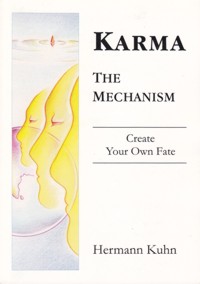The Western world regards Yoga mainly as a system of gentle Indian exercises, aimed at balancing our body and mind. Yet the usage of the word Yoga exclusively for this kind of exercises does not do justice to its original, far broader meaning in the context of Hinduism.
Yoga is one of the six classical systems of Hinduistic philosophy. Its development was completed about 1500 years ago. One element of this system explains the correct body-posture (asana) in preparation for and during meditation. The exercises associated with this element developed into the concept of Yoga we presently are familiar with in the West.
The Tattvarthasutra uses yoga in an entirely different understanding that has nothing in common with Hinduistic Yoga philosophy or the system of exercises known in the West. The Tattvarthasutra assigns yoga a characteristic, unique meaning that is almost unknown so far.
The Tattvarthasutra characterizes yoga as 'the activities of our body, speech and mind'. These three types of activities attract karmic matter to our consciousness. yoga (literally: 'the connection between two or more components') is the main cause for the activation of karmic mechanisms that may produce bonds between a living being and particular types of actions.
Yet even after we dissolved all obstructive and knowledge-impeding karmas, activity remains a basic feature of our consciousness (jiva). Once we reach freedom from all karmic limitations (moksa) we therefore do not lose the ability to act, we only cease to bind karma by our activities.
 Hermann Kuhn
Hermann Kuhn
